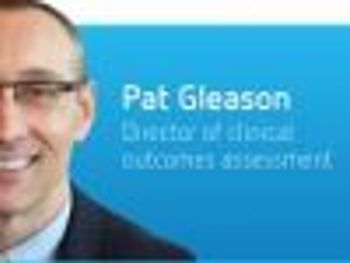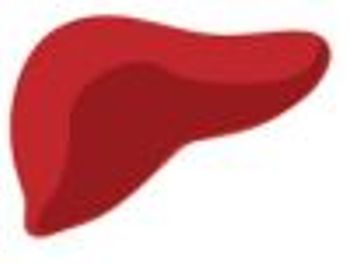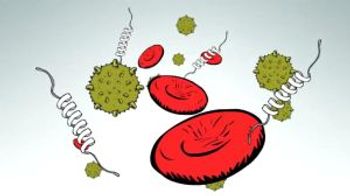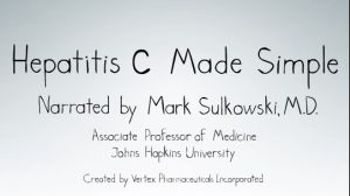
Pharmacy team helps patients better understand importance of adherence while on complex medication regimens.

Pharmacy team helps patients better understand importance of adherence while on complex medication regimens.

This case study from Avella Wholesale demonstrates the necessary strategies and steps for successful catering to a niche market.

Prime Therapeutics' new studies, scheduled to be presented at AMCP, reveal that expected medical savings from the utilization of specialty drugs no longer offset the high cost of these therapies for the treatment of hepatitis C and rheumatoid arthritis.

Improvements in adherence levels and outcomes for patients with hepatitis C were recently linked to the pharmacy channel through which the patients received their specialty medications.

Compliance with most adult vaccine recommendations is still low due to financial and informational barriers.


Pharmacists can play an important role in informing adult patients of the vaccines they should receive to help protect against a range of infectious diseases.

A recent study found that transplant pharmacology experts working in specialty pharmacy programs positively influence patient adherence to immunosuppressive agents.

Uptake of oral nucleoside/nucleotide analogues will increase from 2011 to 2021, according to new research from Decision Resources.

Professor Dusheiko talks about managing HCV patients with cirrhosis.

Here, UCSF's Annie Luetkemeyer talks about new treatments for hepatitis C and what they will do for people with infections.

Therapy approvals significantly changed the landscape of treatment for hepatitis C and it is anticipated that the drugs in the treatment pipeline will mark significant advances in therapy as well.

In a session at the 2012 Academy of Managed Care Pharmacy Educational Conference, Aimee Tharaldson, PharmD, identified the top specialty drugs in the pipeline and highlighted the most recent therapeutic trends within each medication class.

A free source of evidence-based information for health care professionals and for researchers studying liver injury associated with prescription and over-the-counter drugs, herbals, and dietary supplements is now available from the National Institutes of Health.

Health care professionals are sometimes a part of the drug diversion and abuse problem.

An analysis of the top 200 drugs by prescriptions dispensed and total sales reveals key trends in today's pharmaceutical market.

The FDA recently approved the first DNA test to help health care professionals gauge the progress of antiviral treatment in solid organ transplant patients undergoing cytomegalovirus (CMV) antiviral therapy.

A recent FDA study determined that current nucleic acid testing (NAT) of the plasma of donated blood is adequate for the detection of the hepatitis C virus (HCV).

Testing baby boomers could help identify more than 800,000 new cases of hepatitis C and address the largely preventable consequences of the condition.

Testing this sample of the population could help identify more than 800,000 new cases of hepatitis C and address the largely preventable consequences of the condition.

New triple-therapy regimens for hepatitis C are expensive, but they can be cost-effective for many patients.




Could treatment for hepatitis C viral infection become an all-oral supplement?